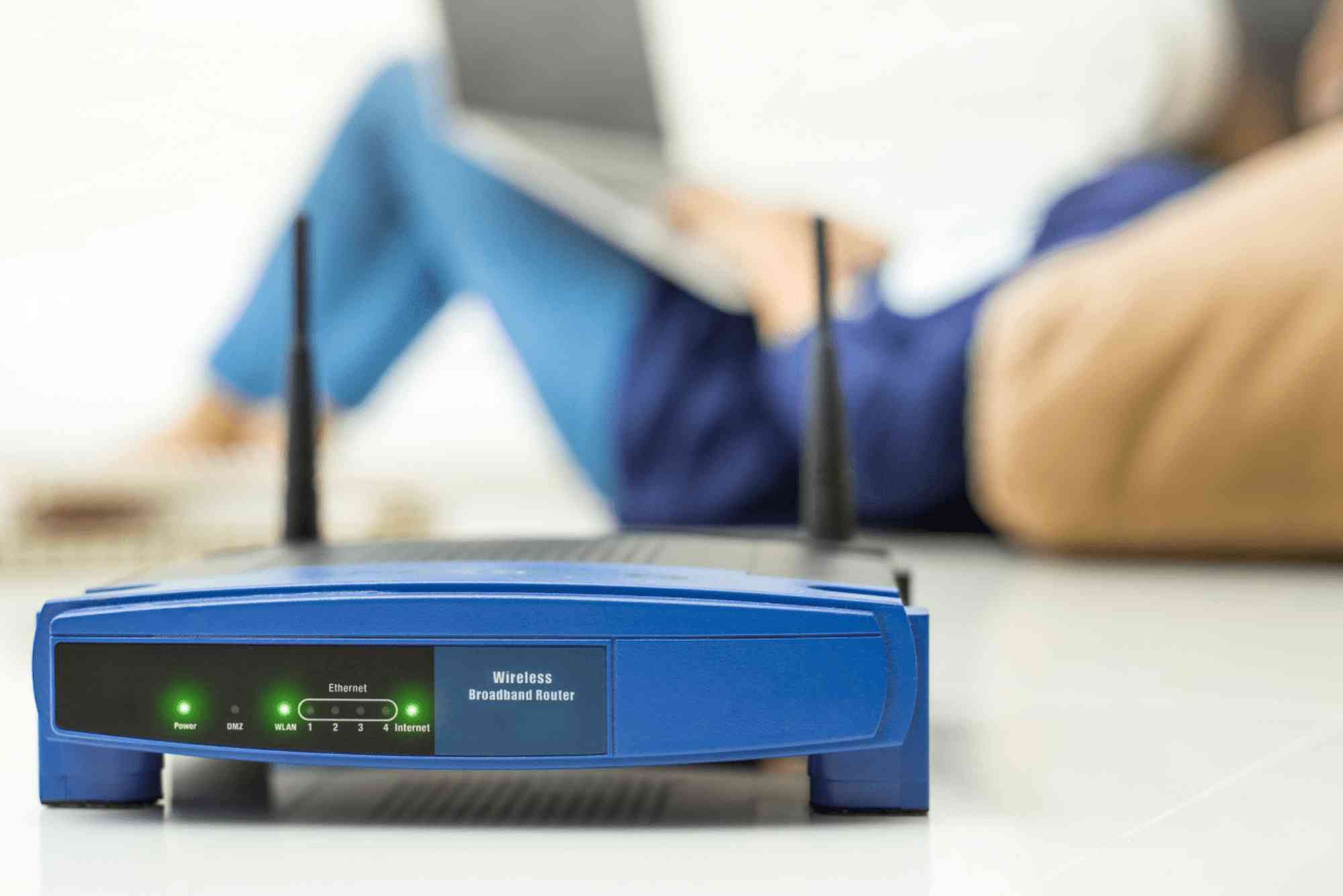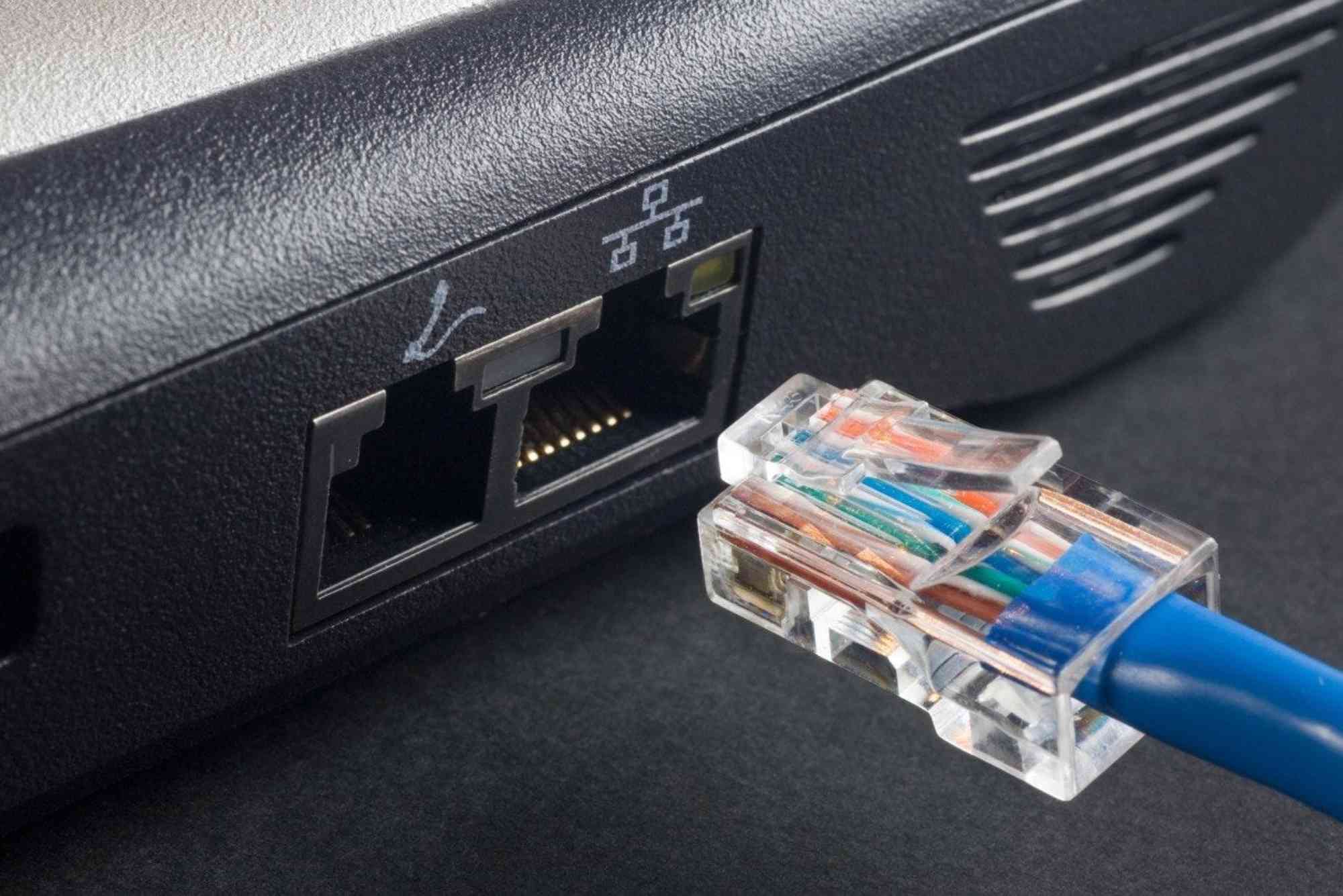Introduction
Experiencing lag during online gaming or choppy video calls can be frustrating. One of the primary culprits behind these issues is high ISP latency. ISP latency refers to the delay in data transmission between your device and the internet service provider’s servers. Reducing this latency is crucial for a smoother online experience.
Understanding ISP Latency
What Is ISP Latency?
ISP latency is the time it takes for data to travel from your device to your ISP’s server and back. This delay is measured in milliseconds (ms), and lower values indicate better performance. High latency can lead to noticeable delays in online activities, affecting gaming and video calls.
Factors Contributing to High ISP Latency
Several factors can contribute to high ISP latency:
-
Network Congestion: During peak usage times, many users accessing the internet simultaneously can cause congestion, leading to increased latency.
-
Routing Inefficiencies: Inefficient routing paths or outdated infrastructure can add unnecessary delays in data transmission.
-
Distance to Server: The physical distance between your location and the ISP’s server can impact latency; longer distances generally result in higher latency.
-
Hardware Limitations: Outdated or low-quality networking equipment can introduce delays in data processing.
Strategies to Improve ISP Latency
Opt for a Wired Ethernet Connection
Using a wired Ethernet connection instead of Wi-Fi can significantly reduce latency. Ethernet connections provide a stable and consistent link, minimizing interference and packet loss. This is especially beneficial for activities like gaming and video conferencing, where real-time data transmission is crucial.
Choose the Right Internet Plan
Selecting an appropriate internet plan can impact latency. Plans with higher speeds often offer lower latency, as they can handle more data traffic efficiently. However, it’s essential to balance speed with your actual usage needs to avoid unnecessary costs.
Upgrade Your Networking Equipment
Outdated routers and modems can contribute to high latency. Upgrading to newer models with better processing capabilities and support for modern standards can enhance performance. Additionally, ensure that your equipment’s firmware is up-to-date to benefit from the latest optimizations.
Optimize Router Placement
The physical location of your router can affect latency, especially if you’re using Wi-Fi. Place your router in a central location, elevated, and away from obstructions to ensure a strong and stable signal. Minimizing the distance between your device and the router can also help reduce latency.
Manage Network Traffic
High network traffic from multiple devices can increase latency. Prioritize essential activities by limiting bandwidth-heavy tasks like large downloads or streaming on other devices during critical gaming or video call sessions.
Select Optimal Game Servers
Choosing game servers that are geographically closer to your location can reduce latency. Many online games allow you to select servers; opting for those nearest to you can lead to a more responsive gaming experience.
Enable Quality of Service (QoS) Settings
Many modern routers offer Quality of Service (QoS) settings, allowing you to prioritize traffic for specific applications or devices. Enabling QoS can ensure that latency-sensitive activities like gaming and video calls receive the necessary bandwidth, improving their performance.
Monitor and Test Latency
Regularly testing your internet connection can help identify latency issues. How To Improve ISP Latency Tools like speed tests can provide insights into your connection’s performance, allowing you to take corrective actions if necessary.
Reducing ISP latency is essential for enhancing your online gaming and video call experiences. By implementing strategies such as using wired connections, upgrading equipment, optimizing router placement, managing network traffic, selecting optimal servers, enabling QoS settings, and monitoring performance, you can achieve a more responsive and enjoyable online experience.
If you’re experiencing persistent latency issues despite these efforts, consider reaching out to your ISP to discuss potential solutions or explore alternative providers that offer better performance for your needs.
Frequently Asked Questions
What is a good latency for gaming?
A latency of 20-40 milliseconds is considered optimal for gaming. Anything above 100 milliseconds may result in noticeable lag.
How can I test my internet latency?
You can test your internet latency using online tools like Speedtest by Ookla or Cloudflare’s Speed Test.
Does using a VPN reduce latency?
Using a VPN can increase latency due to the additional routing of your internet traffic. However, in some cases, it can improve latency if your ISP has poor routing paths.
Can upgrading my router improve latency?
Yes, upgrading to a modern router with features like QoS and support for the latest Wi-Fi standards can help reduce latency.
How does fiber-optic internet affect latency?
Fiber-optic internet offers lower latency compared to other types of connections, such as DSL or cable, due to its higher speeds and more direct routing.







